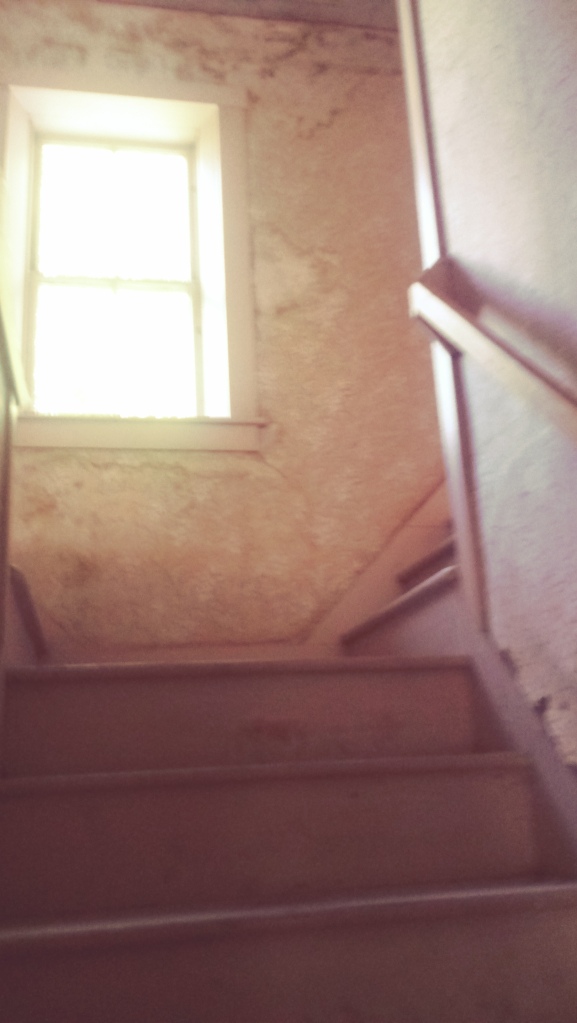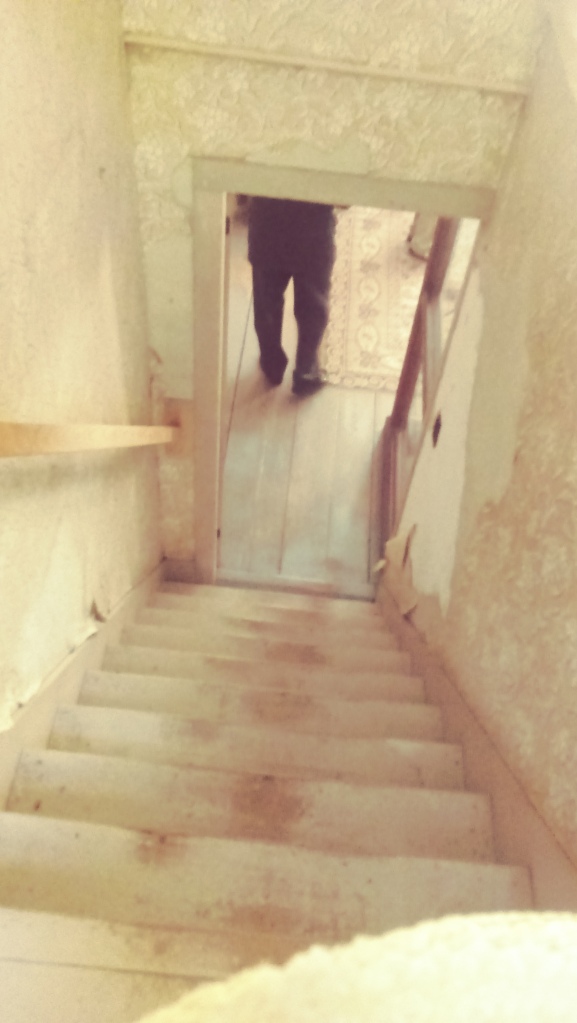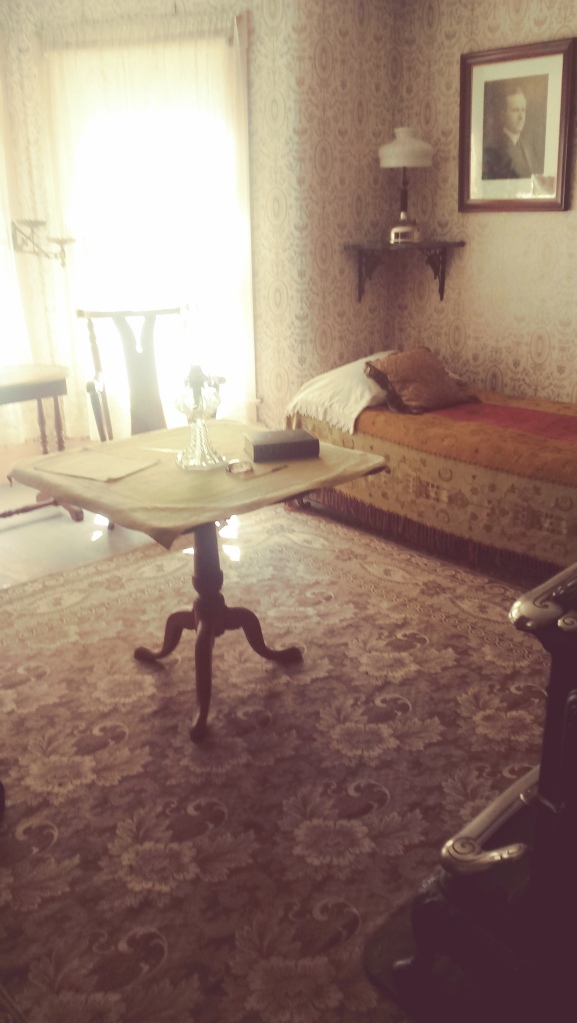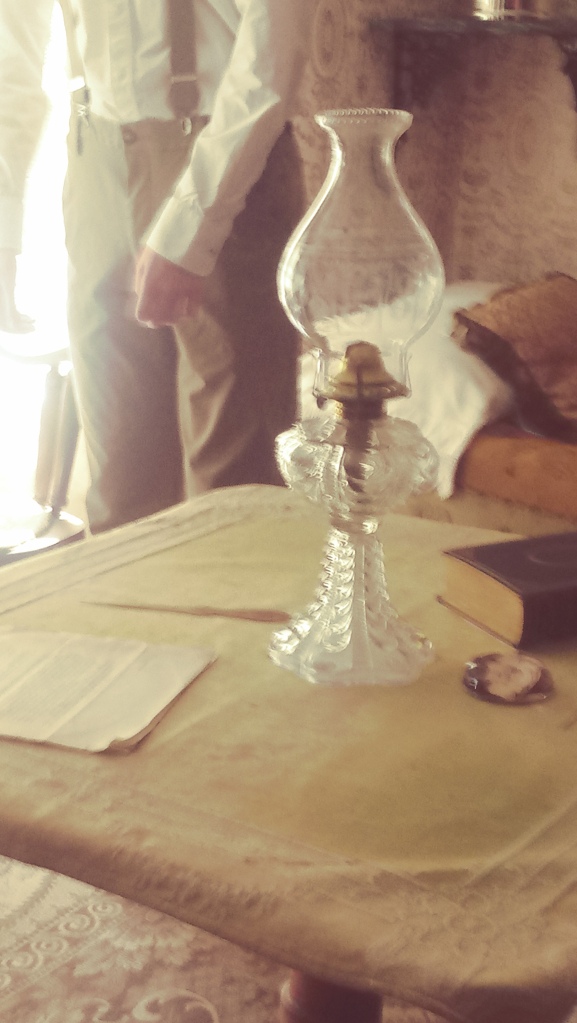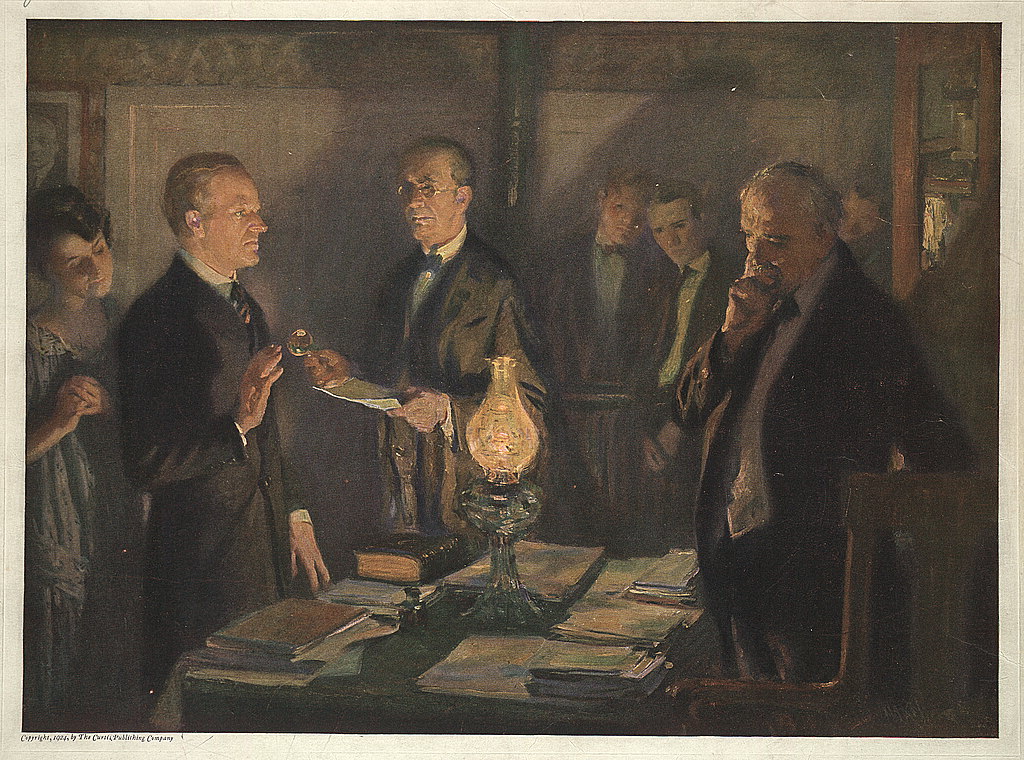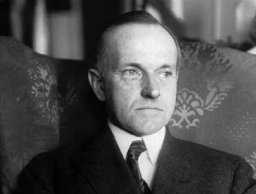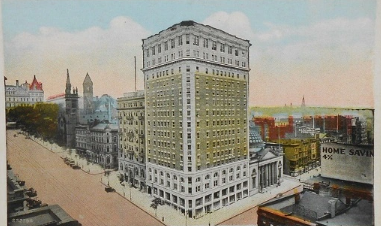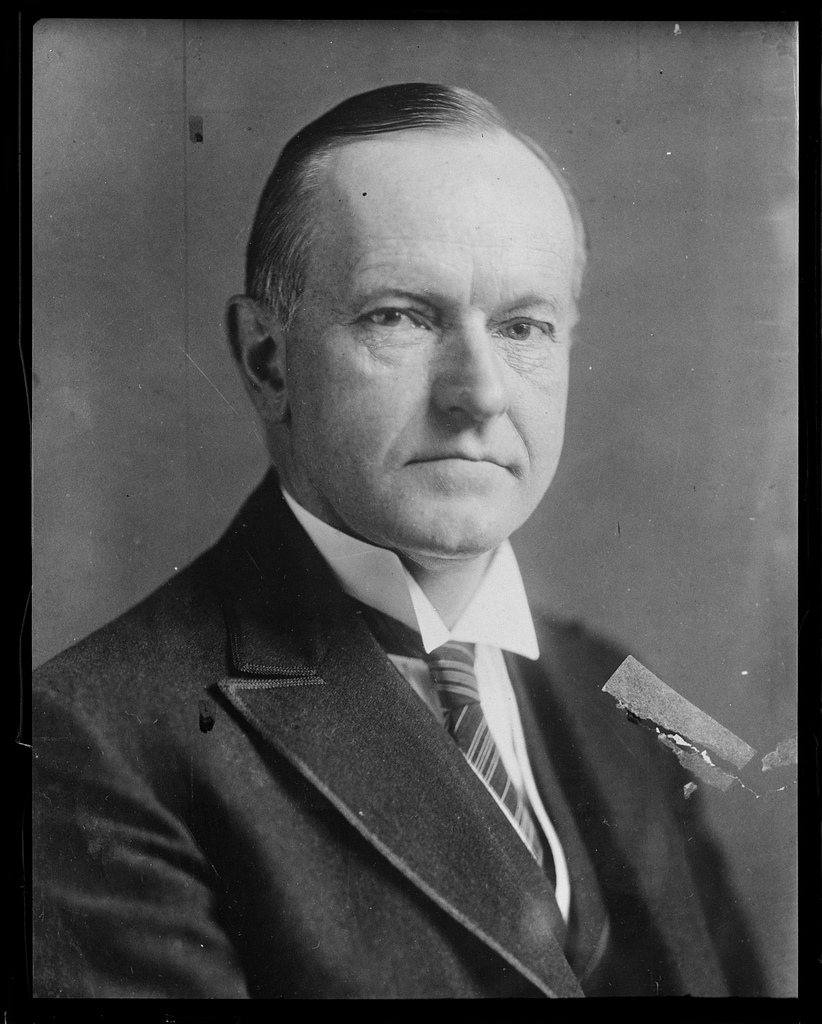
“Where succession to the highest office in the land is by inheritance or appointment, no doubt there have been kings who have participated in the induction of their sons into their office, but in republics where the succession comes by an election I do not know of any other case in history where a father has administered to his son the qualifying oath of office which made him the chief magistrate of a nation. It seemed a simple and natural thing to do at the time, but I can now realize something of the dramatic force of the event.” (Calvin Coolidge, Autobiography)
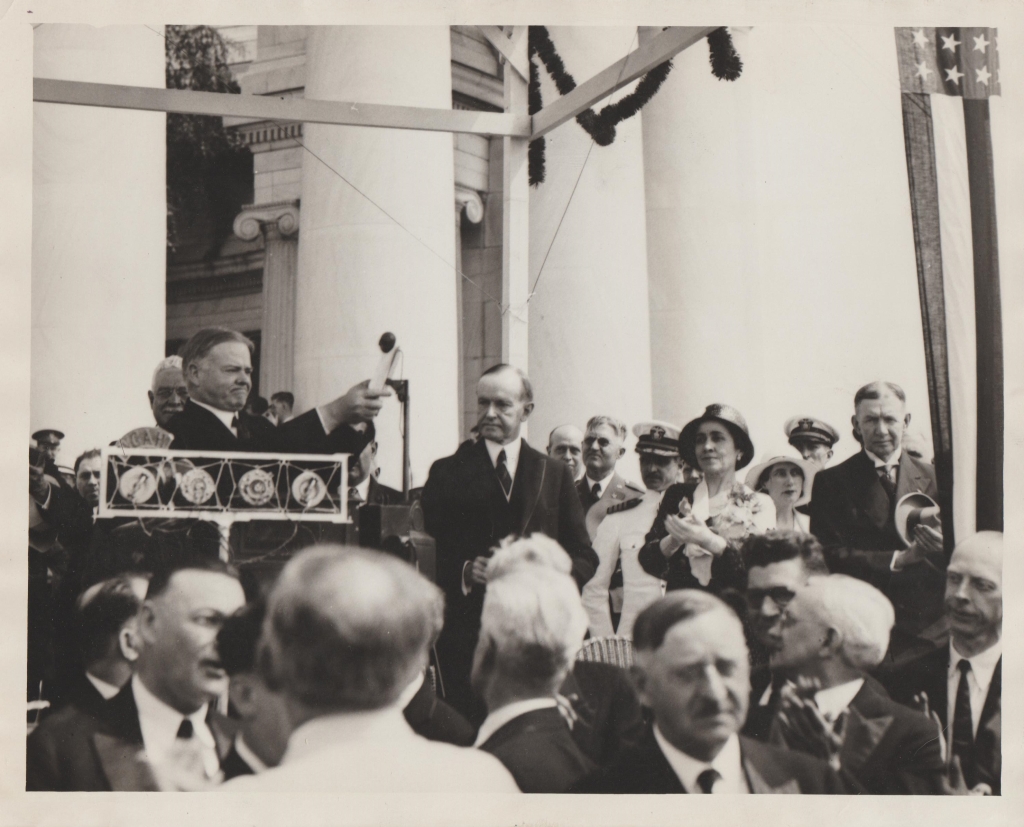
“…It often has been remarked that when a particular crisis in human affairs has required a certain type of ability to meet it the right man has appeared. Whether this is because there are latent powers in all of us which give those who become charged with responsibility the ability to respond by rising above themselves, it is impossible to decide. Perhaps it is enough to know that when the world has a work to do some one appears who is able to do it.
“It seems as though President Harding was preeminently fitted to serve the country in the disturbed and distraught period following the war. He had experience and ability, courage and patience, combined with a generous toleration and cheerful optimism that inspired confidence. He had a natural gift of expression which he had developed into an art. He understood the people and the people understood him. In composing a situation, in pacifying men, he was a master. Those qualities which were so much needed in our country and in the world he brought to the presidential office…To deal with…problems President Harding summoned the Congress and kept it in session for nearly two years…Frequently he asserted that he desired his administration to be an era of good understanding…There was no room in his broad sympathy for any taint of sectionalism. But chiefly he was determined to use his great office to the full extent of the powers to prevent future wars. He was for good understanding among nations. His vision was broad. His statesmanship was inclusive. It would be difficult to find any peace time period of little over two years when so much that was beneficial was accomplished as during his administration.
“Before he could see the full fruition of his policies fate brought him to a tragic end. As we can now realize the wisdom of the foundation which he laid we are consoled by the thought that for some reason we cannot fathom his work was done, his course was finished, he was gathered to his fathers, to rest in peace which he had desired so fervently to bestow upon all humanity.” (Calvin Coolidge, Acceptance of Harding Monument, June 16, 1931, Marion, Ohio)
Requiescat in pace, President Harding. Hail to the Chief, President Coolidge.

